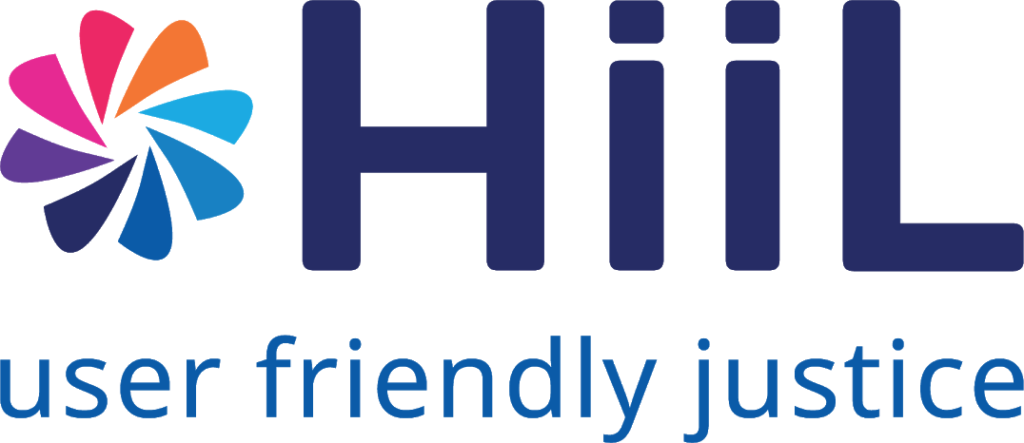Need for a level playing field for justice entrepreneurs in Kenya
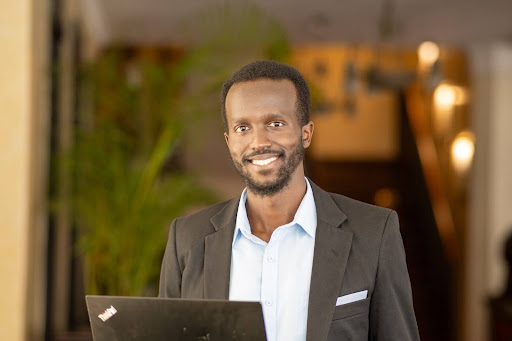
Morgan Gikonyo is from lush green tea estates in the western highlands of Kenya. While training to become a lawyer at the University of Nairobi, he founded both Wakili Mkononi and Ask Wakili.
Making dispute resolution affordable and accessible for SMEs in Africa
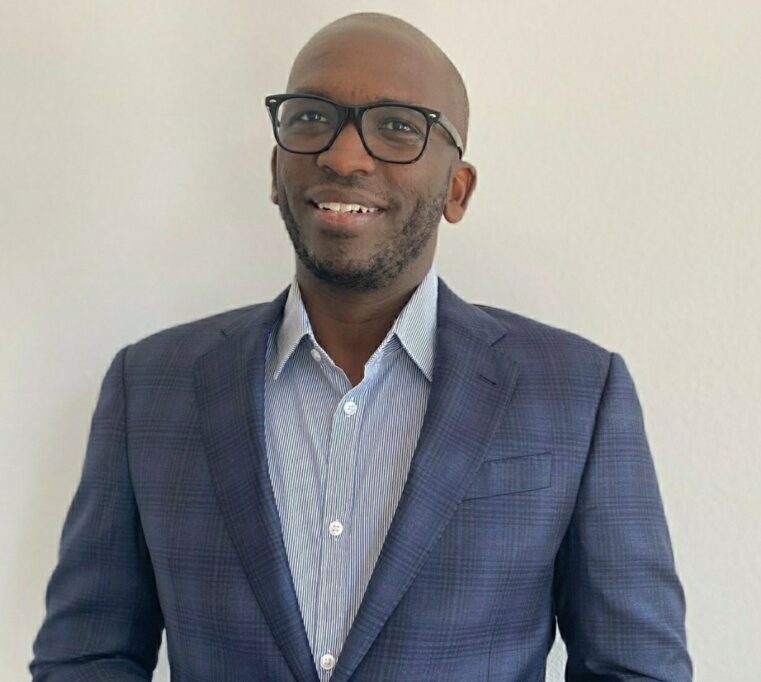
In 2021, Angelo launched E-Arbitrator as a pan-Africa online dispute resolution (ODR) platform that SMEs trading with neighbouring countries can use. Fast forward by three years, the ODR platform has expanded to include arbitrators from the USA, Turkey, India, and the Netherlands.
Tackling crime in Kenya
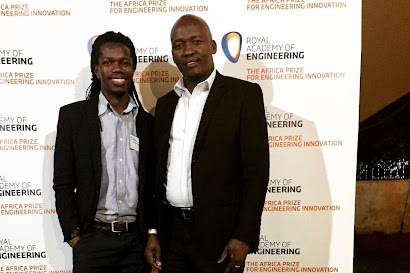
Eric Murithi and Vincent Awino, two dynamic engineers from Nairobi have launched Upesy — a mobile application that connects individuals who are in danger to their friends, family, private security agencies, ambulances and more. Once users press the power button of their phone, the app sends the live location of the individual and audio recording at the point of the incident emergency service providers listed in the app.
Bridging the justice gap for Syrian refugees and immigrants
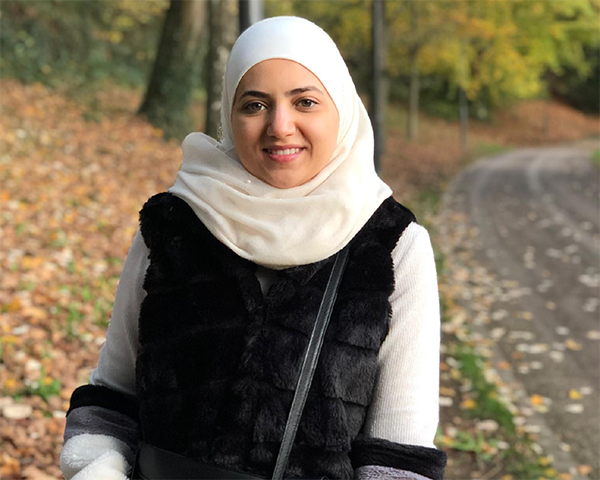
Asma Baghdadi and Saleem Najjar co-founded SyrGo, an online platform that delivers civil and personal legal documents to refugees and immigrants residing outside Syria. Their journey began in 2019 when they encountered difficulties registering their marriage at the Syrian embassy in Jordan, which was overwhelmed with requests.
Helping Indians access social security benefits
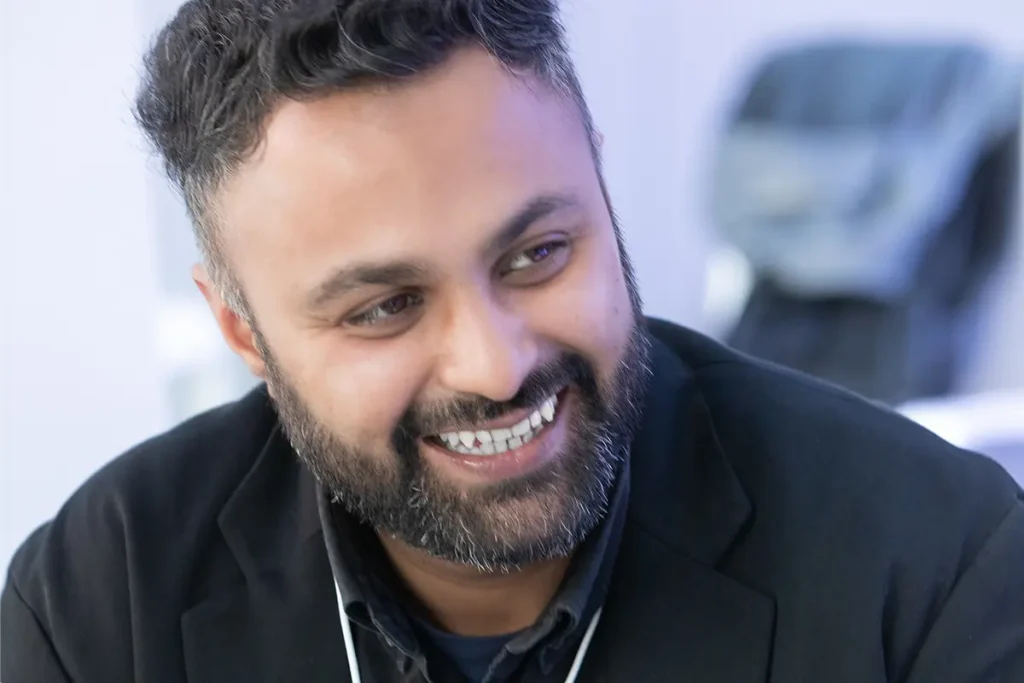
Aniket Doegar, a 34-year-old Indian entrepreneur, has connected 6 million people in India to social security benefits through his online platform, Haqdarshak. Aniket’s journey began while working as a teacher for Teach for India, where he recognised the lack of awareness among his students and their parents regarding welfare schemes.
Making legal services accessible to Kenyans

Nelson Nkari is Kenya’s rising entrepreneur keen on bringing legal information and advice to people’s doorstep. His online platform Legal Point Services connects ordinary people to verified lawyers and legal services at an affordable price. It offers digital workflows to lawyers such as conducting video calls with clients, facilitating online signatures and payments, connecting clients to a chatbot in the absence of a legal representative and updating the status of the legal matter for clients to track.
Measuring the justice outcomes that survivors of intimate partner violence seek
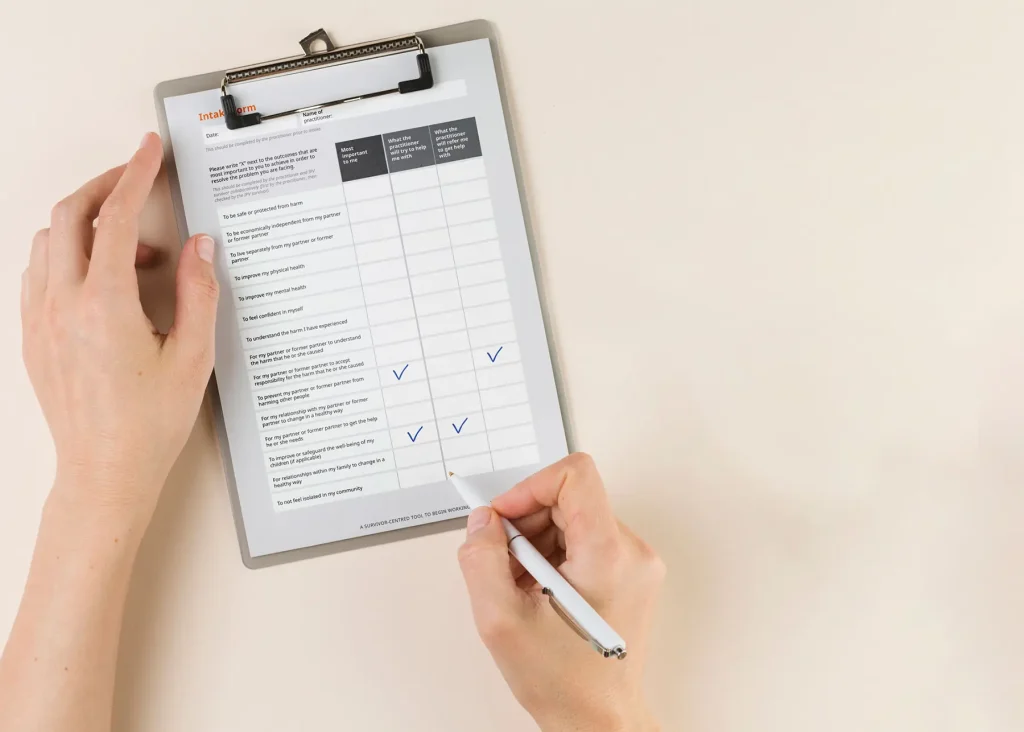
People-centred, outcomes-based justice is justice that addresses the people’s underlying needs and resolves their most pressing legal problems. In order to assess whether people-centred justice is being delivered, we need to be able to measure it. This cannot be done with administrative or case-level data, which only tells us about processes implemented and procedures followed.
What works in people-centered justice
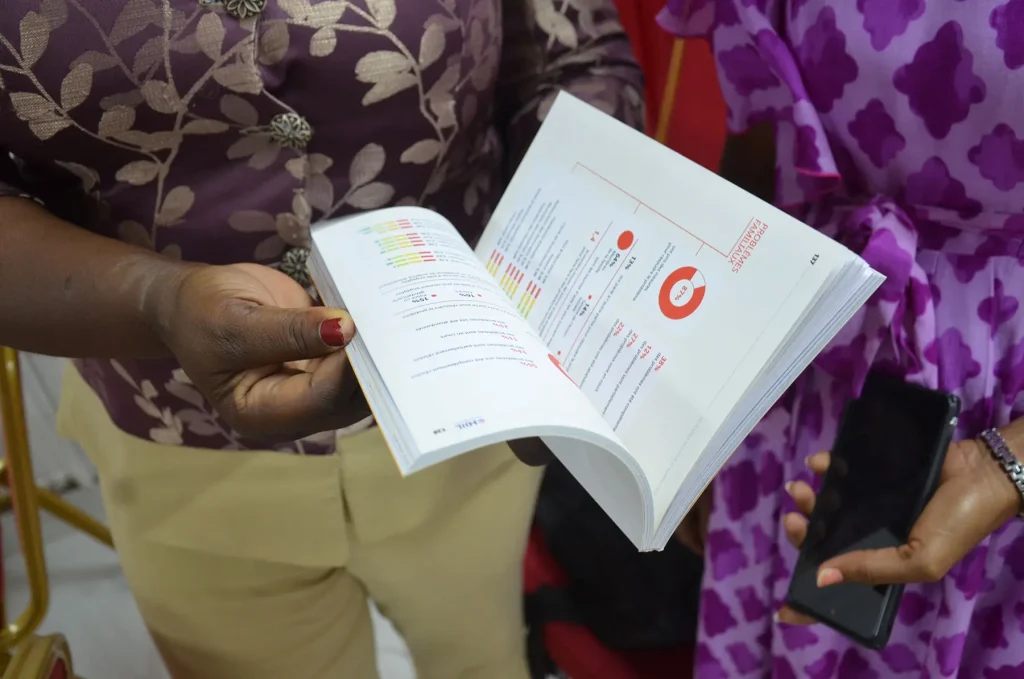
At any time, more than 1.5 billion people worldwide have legal problems they cannot solve. Data from counties where HiiL worked make the problem more concrete. For instance, in the US, every year, there are 260 million significant and difficult-to-resolve legal problems.
Focusing on outcomes for people

Leaders in the justice sector operate in a challenging environment. Faced with overburdened courts, expensive legal advice, and complex procedures that make it difficult to resolve conflict swiftly, they are expected to provide access to justice for all. A key policy recommendation these leaders receive from people-centred justice experts and advocates is to focus on outcomes.
Community Justice Services Policy Brief
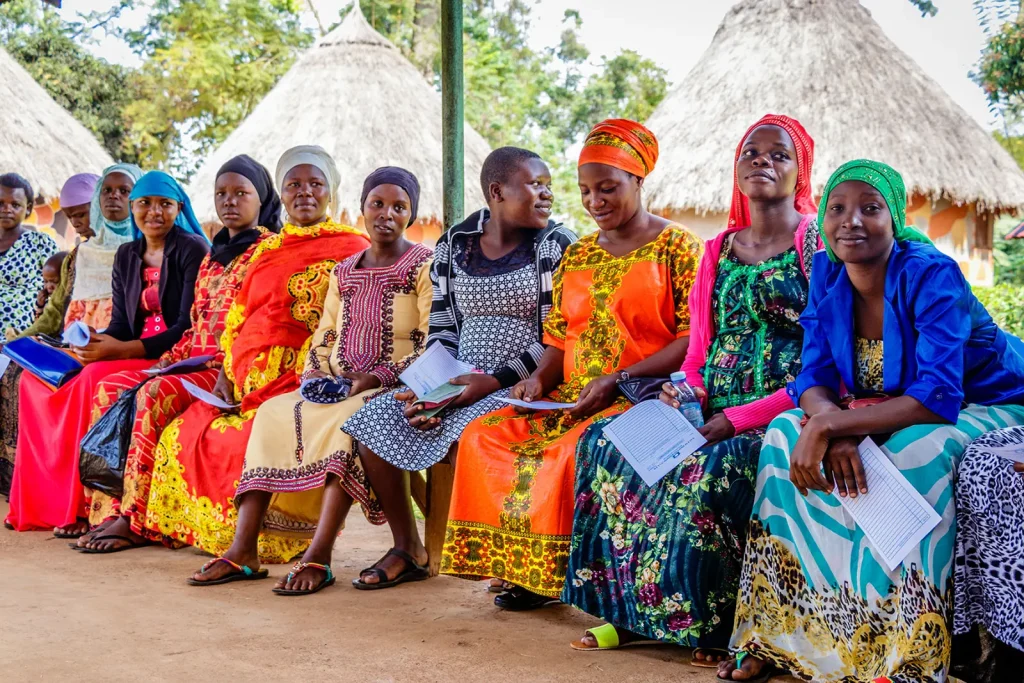
Building on the merits of informal justice and alternative dispute resolution processes, many countries have developed community justice or informal justice programmes. Although informal justice processes come in many different forms, they tend to have a participatory nature, strive for consensus, focus on social harmony and promote restorative (conciliatory) solutions.
